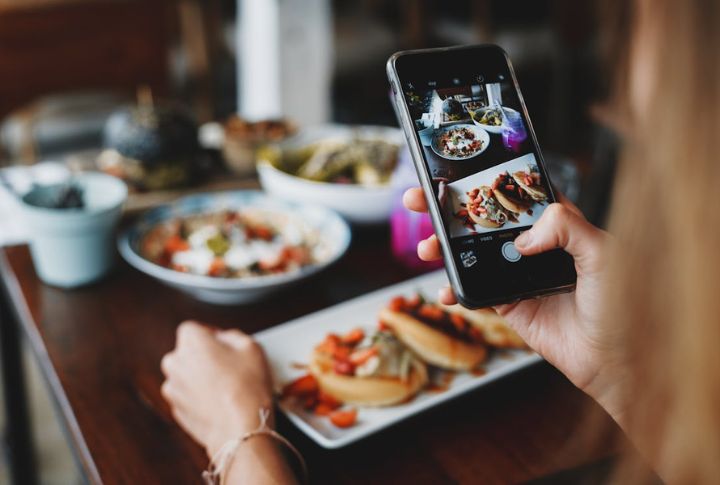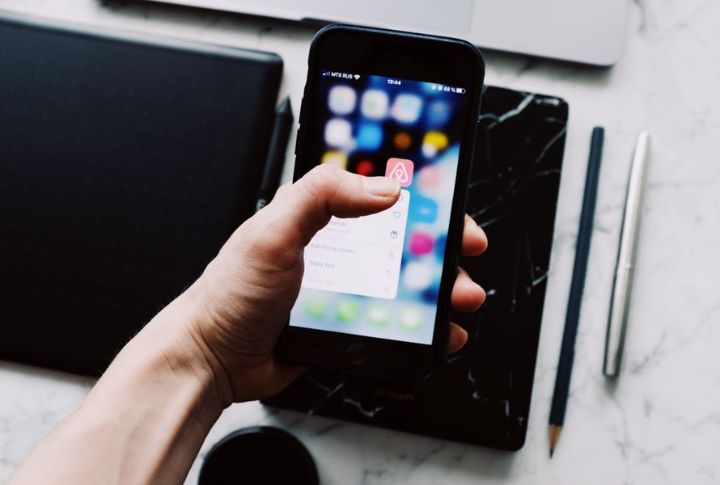
In the age of constant connection, privacy has quietly become a luxury, and oversharing is the silent thief. In our rush to stay relatable, we end up revealing more than we realize through habits, opinions, and even the smallest details of our day. Here are the subtle ways we give too much away, and how small boundaries can protect what really matters.
Posting Location Details Online

That innocent photo of your morning latte might seem harmless, right? But here’s the catch: it’s quietly broadcasting the favorite coffee spot to the entire internet. It may start as casual location sharing, but it can quickly turn into a breadcrumb trail of your routines and hangouts.
Excessive Personal Anecdotes In Conversations

When your stories start pouring out faster than anyone can respond, that’s a cue that you might be oversharing. Sure, personal experiences can absolutely draw people in. However, when it becomes all about you, listeners quietly check out. This can end up creating emotional distance instead.
Oversharing Emotional Reactions On Social Media

We’ve all felt the urge to post that fiery rant or heartbreak confessional. The trouble is, emotional oversharing online often circles back in unexpected ways. Be it a boss seeing your vent post or a future date scrolling through, the digital trail can lead to regret and isolation.
Sharing Screenshots That Include Sensitive Info

Imagine this: you post a hilarious text exchange, and everyone gets a good laugh. Then, weeks later, a stranger mentions a friend’s number that accidentally appeared in the corner. Awkward, right? Screenshots can be sneaky privacy traps that reveal more than you ever intended to share.
Unintentionally Revealing Work Details

It’s easy to let a little office gossip slip while chatting over lunch. But the problem is that those details can unintentionally reveal confidential information or strain workplace relationships. Before you know it, that casual story about your boss’s meltdown turns into a breach of professional trust you didn’t mean to cause.
Posting Photos That Reveal Personal Context

Your photos may feel harmless, yet they’re like puzzle pieces waiting to be assembled. If they can get an idea of small snippets that they can piece together, suddenly, strangers have your daily patterns and home layout. It’s surprising how easily some snaps give away the bigger picture.
Sharing Health Information

You think you’re just updating friends about your health, no big deal, right? Over time, you might just drown in unsolicited remedies and weird energy from people who now see you differently. This becomes an emotional hangover that’ll have you thinking twice before the next “update.”
Giving Too Much Financial Information

It’s natural to feel proud after a big financial win. However, when that excitement spills online, things can get tricky fast. Money talk changes perceptions and turns genuine pride into envy or unwanted attention from people hoping to benefit from your good fortune.
Excessive Self-Disclosure In New Friendships

There’s a special energy in new friendships, but flooding them with personal details too soon can backfire. Like overwatering a new plant, your good intentions might end up suffocating the growth. When vulnerability moves faster than trust, your new connections can pull away instead of leaning in.
Revealing Travel Plans Publicly

Those tropical “Off to Bali!” selfies look picture-perfect! But they also send a message that your home is empty. While posting in real time feels exciting, it can become a safety hazard. Consistent travel updates reveal your habits, which turns the feed into a burglar’s planner.

